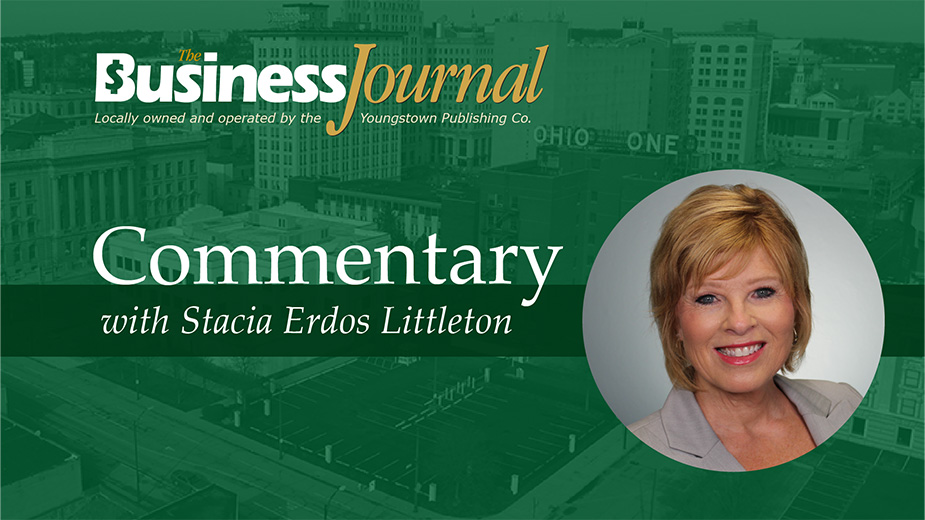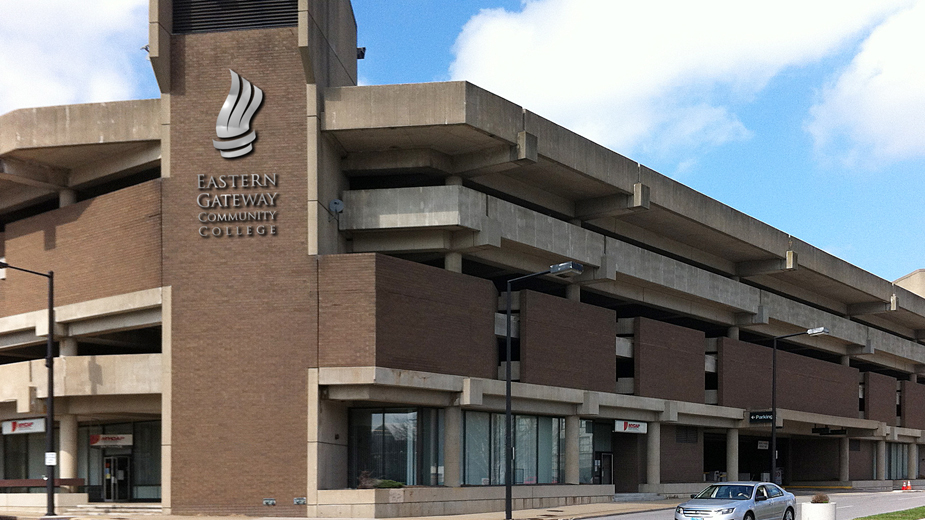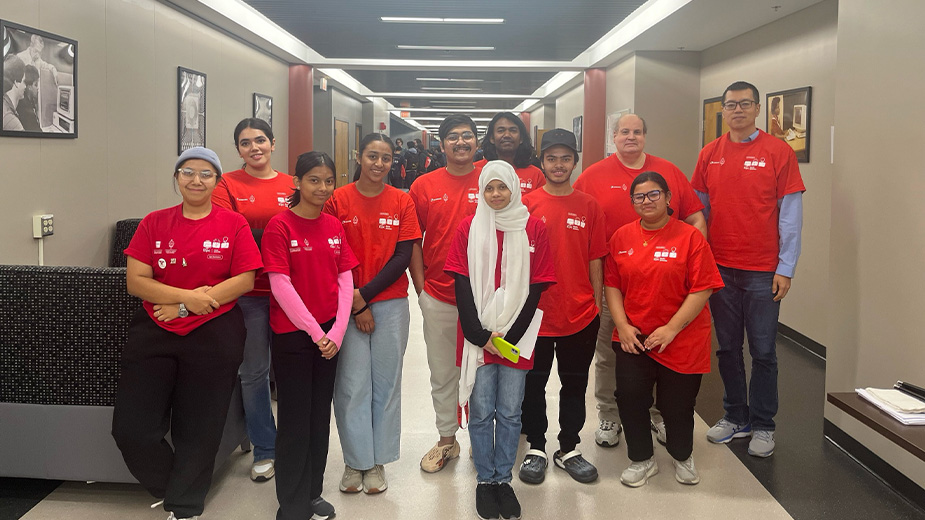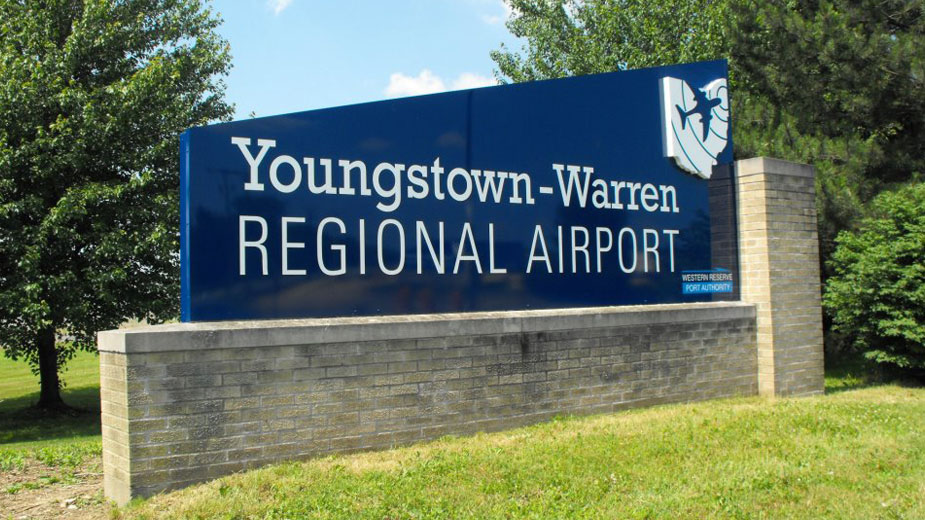Commentary: The Importance of Learning to Question
By Stacia Erdos Littleton
YOUNGSTOWN, Ohio – I read something recently that took me back to my freshman year at Ohio University. Despite its reputation as a party school, OU is also one of the top journalism schools in the country. (And yes, I benefited from both.)
My first sociology class was in a large auditorium crammed with students. The professor walked in, introduced himself and said – “Before we get started, I would like all students with last names beginning with A-L to sit on the right side of the room and the rest to move to the other side of the room.” We proceeded to shuffle by each other while mumbling, “Sorry, excuse me,” as we moved to our designated side of the room. Once we settled in our new seats, the professor paused, then said, “I’m sorry. I meant the other way. Could A-L please go to the other side of the room and vice versa.” This time there were eyerolls and some grumbling, but the students followed his direction without question.
After getting settled again, the professor asked, “Now. Why did you just do that? Not one person asked me why. You blindly did what I told you to – why? In this class you are going to learn to question and to think for yourselves.”
Wow – As a child I had been taught to follow directions of adults – which I did (for the most part.) But now I was an adult. Why would I obediently follow someone without even questioning his intent?
In my first poli sci class, I realized I had been taught only part of the story in high school about our country’s founding fathers. As we all are, they were flawed men. When they wrote that all men are created equal, what they meant was all rich, white landowners. And yes, they meant men – not women.
College stimulated my brain and ignited my passion for uncovering corruption and reporting on stories that could make a difference. I left with a degree in journalism, a minor in political science and a three-month internship with ABC News in London.
Over the past few months, I’ve been watching with concern the trek of Senate Bill 83, which overhauls higher education in Ohio. Some believe its goal is to stifle that college experience by trying to control discussion of “controversial beliefs.” A term that in itself is subjective and vague.
State Sen. Jerry Cirino, sponsor of the bill, has pushed back, saying, “Academics want to protect their woke fiefdom so they can continue to churn out like-minded and intolerant opponents of intellectual diversity.”
It might be worth noting that Mirriam Webster defines “woke” as: aware of and actively attentive to important societal facts and issues (especially issues of racial and social justice)
To me, that’s something we should aspire to – not denigrate.
Over the past year, there has been intense opposition to the bill from faculty, students, environmental groups and unions resulting in changes and removal of certain language.
But the provision dealing with controversial beliefs or policies remains in the bill, which has those who teach science concerned that it would impede their ability to teach climate science. Others point to restrictions the bill would impose for diversity, equity and inclusion training.
With such wide-ranging implications for students and faculty of all Ohio public institutions of higher learning, I was stunned to read in an interview in the Feb. 1 edition of The Jambar, that newly hired YSU President Bill Johnson wasn’t aware of SB 83.
“I don’t know anything about Senate Bill 83,” Johnson said. “I don’t serve in the state house or the state senate.”
SB 83 is something that is on the radar of college leadership and faculty across Ohio. While it’s gone through numerous changes, its future is unclear. The bill passed the Senate last May. The House Higher Education Committee passed it in December, and it will now move to the House for a full vote with lawmakers having until the end of 2024 to pass the latest version of the bill.
College opened my eyes to new concepts, to realize the importance of questioning the status quo and develop critical thinking skills. As they work toward their degrees, students need to be able to fervently debate new theories, controversial topics, and the direction of our country with friends at the local pub or coffeehouse. It’s that experience that just might ignite their passion to participate in our democracy, put service over self and change the world.
Copyright 2024 The Business Journal, Youngstown, Ohio.



